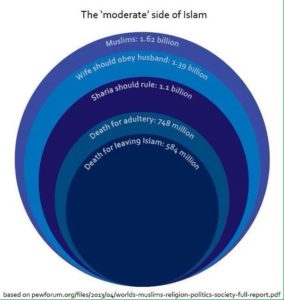As a convert to Orthodox Judaism, I try to not say, “Merry Christmas.” Even though it is lame, I try to say instead, “Happy holidays” to the goyim.
If I were to say, “Merry Christmas,” I am granting legitimacy to Christian claims for Jesus of Nazareth.
On the other hand, I choose to live in a gentile state and wish people “Merry Christmas” is custom of the goyim. By not saying it, I am choosing to exempt myself from a key American holiday.
It would make sense for goyim to resent Jews who do not join them in saying, “Merry Christmas.”
Would America be stronger for having unity around Christmas and many other such things? Or is America stronger for being divided and multicultural?
In white Australia, there was one culture and Jews who dressed distinctively got verbally and occasionally physically abused. In multicultural America, Jews have it much easier.
On the other hand, in the Jewish state of Israel, Christians and Muslims don’t have it so easy.
It makes sense to me that the more united a country (genetically, religiously, racially), the stronger.
Forward: Donald Trump Praises Era When ‘My Jews’ Said Merry Christmas: Michele Bachmann
Michelle Bachmann said Donald Trump longs for the time when “even my Jews would say merry Christmas.”
The Republican former representative spoke fondly of Trump’s “churched background” and “1950s sensibilities,” in a clip from a Saturday interview published by watchdog Right Wing Watch.
“He said, ‘When I was growing up, everyone said merry Christmas, even my Jews would say merry Christmas,’” Bachmann recounted Trump telling her. “‘It’s New York City, there’s [sic] a lot of Jews, and they would even say merry Christmas. Why can’t we even say merry Christmas anymore?’”
In the interview with evangelical radio host Jan Markell, who has been involved in Christian ministries that seek to convert Jews, Bachmann admitted she is not sure of the presumptive Republican nominee’s religious beliefs. .
“I’m not here to certify where he is on the Christian scale because I honestly don’t know,” said Bachmann, who serves on Trump’s evangelical advisory board, “but I will say he’s very much 1950s common sense, he believes in a lot of things we believe in.”

